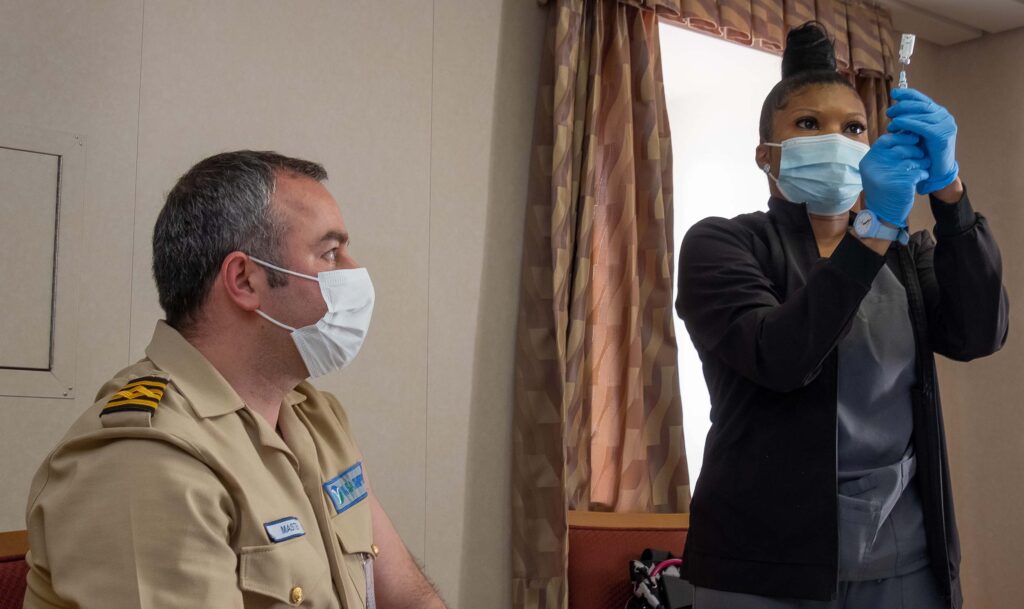HIGHLIGHTS
GET TO KNOW US
GET INVOLVED
MEDIA

REGIONS
California, Georgia, Chicago, North Carolina, New Orleans, Puerto Rico, Kentucky, Navajo Nation, Washington, D.C., Hawaii
INTERNATIONAL
Blog
Mobilizing Means Mobile as COVID-19 Response Mutates
Oct, 22 2020

L-R: Alexandra Ferguson Valdes (Executive Director, LA City/County NAIC), Rudy Ortega Jr. (Tribal President, FTBMI), Mark Villaseñor (Tribal Vice President, FTBMI), Afara Lalaind (Deputy MTG Group Supervisor, LA Fire Department), Joe Sartee (Mobile Unit Manager, CORE L.A.), and Kimia Fatehi (FTMBI) at a free COVID-19 testing event operated by CORE at San Fernando Recreation Park in Los Angeles, CA, on August 11, 2020. (Photo credit: Fernandeño Tataviam Band of Mission Indians)
CORE’S NIMBLE MOBILE UNITS PROVIDE DIRECT ACCESS TO TESTING FOR COMMUNITIES IN GREATEST NEED
In our lifetime, there has been no precedent for what this year has had in store.
The United States has proven to have been ill-prepared to handle a biological nemesis, as has been displayed by its response, which has been defined by incohesion and insufficient deployment of resources that has resulted in the country suffering the world’s fifth-highest deaths per 100,000 residents, according to Johns Hopkins.
However, even the best-laid plans are mere blueprints in a pandemic. Just as the virus itself mutates, so must the response.
In the early stages of the COVID-19 pandemic, CORE began partnering with the Mayor of Los Angeles’ Office to operate fixed testing sites in an attempt to help identify positive cases and stop the spread of the virus. Since then, their partnership has expanded across the city, highlighted by a site in the parking lot of Dodger Stadium that administers up to 6,000 tests per day.
As the virus continued to wreak havoc on vulnerable communities, CORE and the Mayor of L.A.’s Office identified a need to adapt to the dynamics of the pandemic and combat the virus with the same dexterity and nimbleness with which it spreads across the city.
As a supplement to fixed testing site operations, CORE and the LAFD mobilized in April with a nimble mobile unit to begin providing direct access to free testing to the hardest-hit communities, with hopes of mitigating the devastation of the virus. Since then, CORE has expanded its mobile operations to five mobile units dedicated to the most pressing COVID-19 relief needs: skilled nursing facilities, the homeless population, public housing units, and general community outreach.
While the reception to testing has been mixed for a host of reasons, CORE staff have encountered plenty of gratitude from community members, especially essential workers who have experienced increased exposure at their jobs throughout the pandemic.
“It’s really rewarding to be able to go directly to the people who are statistically at the highest risk. I think that’s the most gratifying thing: giving people assistance when they don’t know where else to go.”
— Griffin Barchek, CORE L.A. Public Housing Units Mobile Unit manager
“There are a lot of low-income people who keep having to work. It’s mostly people of color in housing projects. It’s really nice to be able to come down and bring this resource to these communities. You get a lot of people who are grateful for it. You get a lot of families. Three generations of a family, sometimes,” said Griffin Barchek, manager of CORE L.A.’s Public Housing Units Mobile Unit, which is partnered with HACLA to provide testing to public housing projects. “It’s really rewarding to be able to go directly to the people who are statistically at the highest risk. I think that’s the most gratifying thing: giving people assistance when they don’t know where else to go.”
For general community outreach, CORE leadership huddles up with local partners and pinpoints hotspots on the map. Once a hotspot has been identified, a small but nimble team of CORE staff and LAFD firefighters mobilize with a passenger van, pickup truck with a trailer, and a sprinter van used for registration.
“Wherever there’s a need, we go there,” said Joe Sartee, manager of CORE L.A.’s Community Outreach Pop-up Mobile Unit. “We’re incredibly well supported by the fire department. None of this would be possible in L.A. without their support and their operational knowhow and logistical expertise. They drive all the vehicles and their firefighters are on site all the time. It’s a really important partnership here in L.A. By having the fire department here with us, it opens a lot of doors for us.”
While the Community Outreach Pop-up traverses across hotspots in East L.A., South Central, Watts, and other hard-hit areas every week, CORE L.A.’s Homeless Testing Mobile Unit mobilizes to Skid Row and roves around the many other homeless encampments around the city as well.
As Homeless Testing Mobile Unit manager Melanie McConnaughy detailed, testing the homeless population is complicated and requires tapping into the existing structures of the community through CORE’s partnership with LAFD, as positive cases are often hard to track down. However, the partnered effort has a ripple effect in its impact.

“The impact is us taking the burden off LAFD, so they can go find these people and transport them to housing and quarantine them and keep them safe and out of the general population,” McConnaughy said.
“We do a really great job of adapting. There’s openness for contribution and ideas. [We’re] adaptable, efficient, and caring all at the same time.”
— Melanie McConnaughy, CORE L.A. Homeless Testing Mobile Unit manager
Setting out to make an impact in the community during its most pressing time of need is not always a seamless endeavor, as CORE encountered in offering relief to arguably the most vulnerable breeding ground for COVID-19: skilled nursing home facilities.
“There was definitely some resistance because of the fears that the skilled nursing facilities had in terms of losing their staff due to positive cases,” said CORE L.A. Nursing Home Facilities Mobile Unit manager Hayden Ashworth. “But by us being able to provide free COVID testing and provide more reassurance to them over the past several months, we’ve built a better rapport with these skilled nursing facilities, and it has allowed us to continue providing monthly testing for them.”
CORE’s work with skilled nursing home facilities requires a different approach than its other testing operations. In an effort to minimize exposure, CORE staff do not enter the facilities. Instead, they train the home’s administrators with LAFD members on how to register patients and administer COVID tests, and coordinate drop-off and pickup of testing kits within a 48-hour turnaround time.
As the pandemic carries on into its seventh month of destruction in the U.S., CORE continues to work alongside local governments and community partners to finetune its COVID-19 relief efforts to the needs of the most at-risk communities.
“We do a really great job of adapting. There’s openness for contribution and ideas. [We’re] adaptable, efficient, and caring all at the same time,” McConnaughy said.
While the mobile site managers work to execute CORE’s mission of helping to stop the spread of the virus in the most effective and efficient way possible, they are noticing effects of their work not just on their fellow community members they serve but on themselves as well — aspects they might not have foreseen at the outset of the year.
“This thing has changed me so, so much. It’s helped me take on leadership roles that I always felt uncomfortable taking. It’s helped me speak for the voiceless, for the community. I saw a lot of patients coming into a situation they’ve never been in before … and being that holding hand for them while still putting on a smile — I figured out that that is a bottomless pit for me. I have this bottomless empathy for them. I have never gotten frustrated with my patients, even if they drop that cotton swab 10 times,” said McConnaughy.
Alongside others dedicated to CORE’s COVID relief efforts, McConnaughy has been working with the disaster relief organization since the early stages of the pandemic in April.
“It feels like 10 years. It is rewarding and it’s definitely exhausting. But it’s worth it.”
HIGHLIGHTS
GET TO KNOW US
GET INVOLVED
MEDIA

REGIONS
California, Georgia, Chicago, North Carolina, New Orleans, Puerto Rico, Kentucky, Navajo Nation, Washington, D.C., Hawaii
INTERNATIONAL

CORE is a charitable 501(c)(3) nonprofit organization. Federal tax ID: 27-1703237.
© 2024 | CORE – Community Organized Relief Effort | +1 (323) 934 4400
910 N Hill St Los Angeles, CA 90012